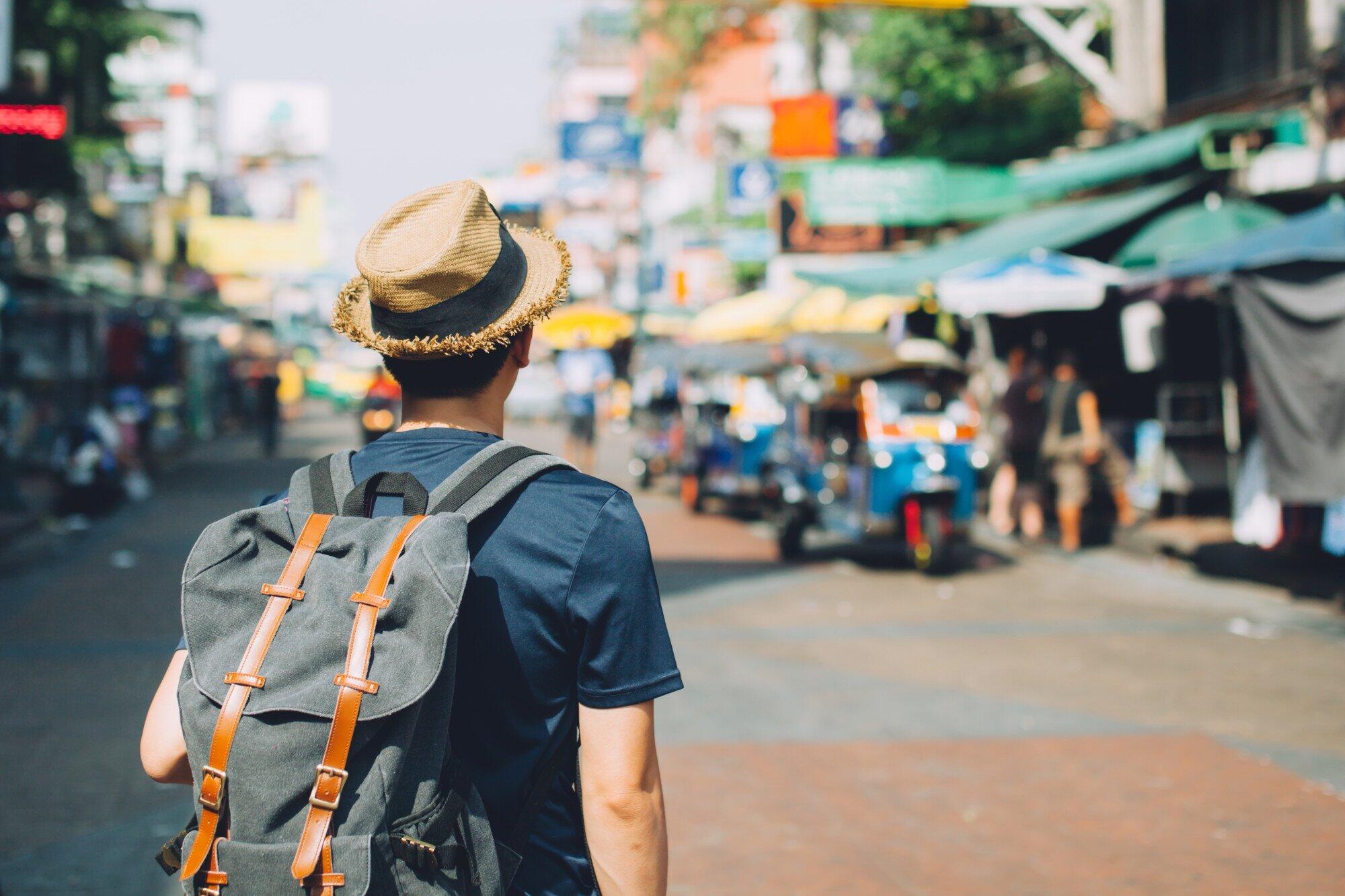Revenge travel isn't just about the destinations or vacation activities. It's a bold statement, an emotional and psychological recovery. Born from the COVID-19 pandemic, revenge travel emerged as countries faced quarantines and lockdowns, making global travel impossible.
For years, people couldn't vacation. When restrictions were lifted, travelers sought memorable and exciting trips to make up for lost time. Essentially, living well became the best revenge against the virus, compensating for missed experiences in 2020 and 2021.
This article explores revenge travel's concept, challenges, and implications.
The Psychology of Revenge Travel
Revenge travel stems from people's desire for emotional recovery after the isolation of COVID-19. Ambitious and extroverted travelers struggled during lockdowns. Two years of mundane predictability left them craving adventure.
Social media played a key role in popularizing revenge travel. As they visited exciting new destinations, travelers shared their trips with peers on social media platforms, inspiring others to embark on grand post-COVID adventures to exciting travel destinations.
The Economic Impact
Revenge travel has noteworthy economic implications. Naturally, it'll provide a significant boost to the travel industry. Airlines and hotels, which struggled during the pandemic, view revenge travel as much-needed assistance for recovery.
Supply and demand laws affect travel prices. More adventurous destinations have become popular destinations, causing higher demand and prices. This sudden influx of tourists at popular destinations raises questions about sustainability and its impact on local economies.
Revenge Travel Trends
One major trend in revenge travel is the focus on adventure and unique experiences. The pandemic showed that global travel is fragile, so people want to enjoy it while they can.
In the years after lockdowns, travelers preferred destinations off-limits during the pandemic, like Taiwan. Now, trips to Taipei are finally possible.
Interestingly, solo and family travel have both risen significantly. Solo trips allow people to see places they've always wanted to visit, even without companions. The increase in family travel likely stems from realizing that time with loved ones is precious and circumstances can take away these experiences. Many families are opting for high-quality vacation rentals to spend some quality time together.
The Downsides
Sadly, revenge travel isn't all positive. Environmental concerns arise from increased travel levels, possibly offsetting reduced emissions from COVID-19 lockdowns. Overtourism during the high season in certain areas is another risk.
Revenge travel trends show people choosing adventurous, off-the-beaten-path options. Unfortunately, this makes some lesser-known destinations incredibly popular overnight. This massive influx of tourists could strain local resources and negatively impact the local community.
The Evolution of Revenge Travel
The COVID-19 pandemic's impact has waned, but revenge travel remains. Some folks still feel the need to make up for lost time from two years at home, and the idea of revenge travel has evolved.
Initially, it was about compensating for COVID-induced restrictions, but now it includes overcoming any challenging life events. For instance, if illness halted your travels, revenge travel helps you make up for that lost time.
Are you seeking revenge on COVID or other unfortunate circumstances by exploring new destinations? You'll need the best vacation rentals to match your desires.
For an unforgettable Lake of the Ozarks trip, top-notch accommodation is crucial. PMI Lake of the Ozarks can assist in planning a memorable vacation you won't forget. Contact us to discuss our luxury short-term rentals that might suit you.


